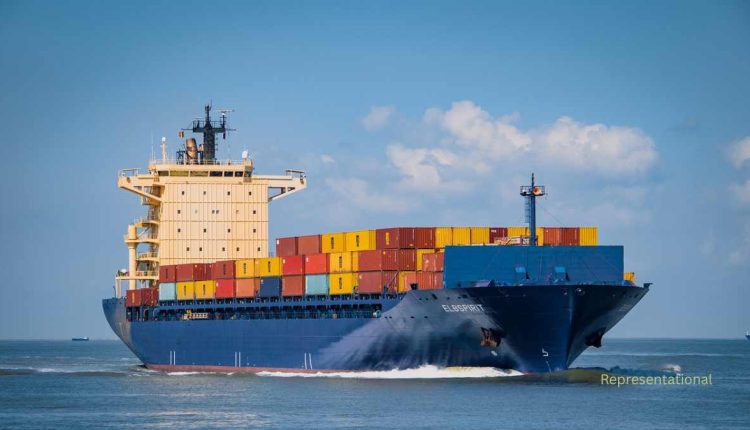The recently concluded India-UK Free Trade Agreement (FTA) marks a significant milestone in the economic partnership between the world’s fifth and sixth largest economies. The agreement, finalised after three years of negotiations, eliminates tariffs on 99 percent of Indian exports to the UK and reduces import duties on 90 percent of tariff lines for UK goods entering India, with 85 percent becoming fully tariff-free within a decade. This is expected to double bilateral trade to over $100 billion by 2030.
New opportunities for Indian exporters are substantial, with sectors such as textiles, marine products, leather, footwear, sports goods, gems and jewellery, engineering goods, auto parts, and organic chemicals set to gain enhanced access to the UK market. The agreement is projected to create significant employment opportunities in India’s labour-intensive industries, while also boosting the competitiveness of Indian products in the UK.
For the UK, the FTA opens the vast Indian market to British goods and services. Notably, tariffs on whisky will be halved from 150 percent to 75 percent, and further reduced to 40 percent over ten years. Automotive tariffs will drop from over 100 percent to 10 percent under a quota system. Other British exports such as cosmetics, medical devices, advanced machinery, and food products will also see reduced duties, making them more affordable for Indian consumers.
The agreement also facilitates greater mobility for skilled Indian professionals, with more visas and a three-year exemption from social security contributions for Indians temporarily working in the UK. This not only reduces costs for Indian service providers but also strengthens their presence in the British market.
Both countries stand to benefit from increased investment, innovation, and job creation. The FTA sets a benchmark for future trade agreements and deepens the strategic partnership between India and the UK, positioning both nations for stronger economic growth in the coming years.

